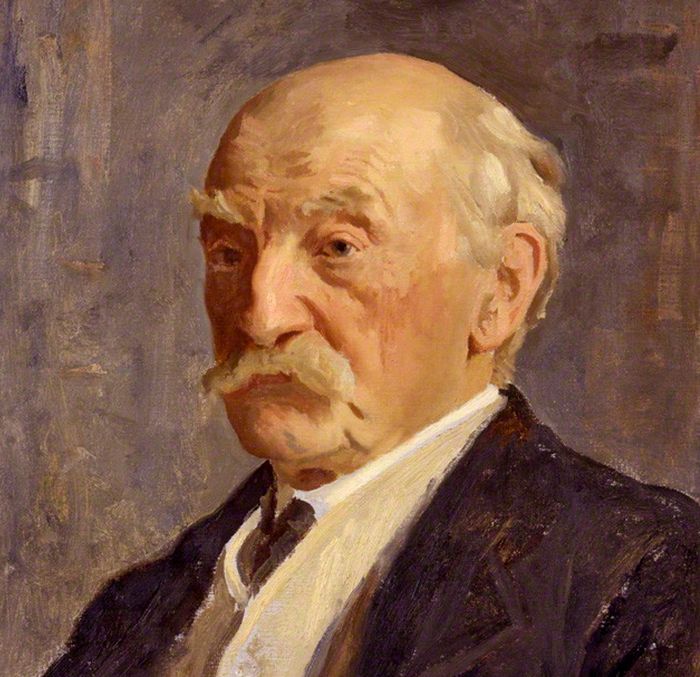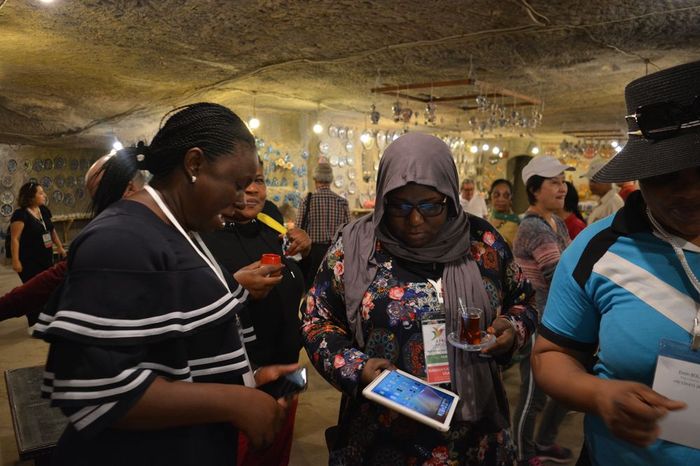Angolo Firenzuola (1493-1546)
One of the most brilliant of the Renaissance scholars and poets, Angolo Firenzuola belonged to the group that scandalized even his contem-poraries by associating with the notorious Aretino. Bom near Pistoja in Tuscany, he became, like many a worldly writer of his time, a monk, and he may even have risen to the dignity of abbot. He lived for a time in Rome and then returned to his native Tuscany, to the city of Prato. His poetry is still admired by the critics, and his scholarly achievements are mentioned with respect. But the best of his stories, are read with pleasure. He laid no claims to originality, and most of his plots he borrowed. The Friar of Novara is none the less a sprightly story.
The present version in translated by Thomas Roscoe, and reprinted from his Italian Novelists, London, no date. The story has no title in the original.
The Friar of Novara
It was a privilege enjoyed by the relater of the tenth or last story of the day, in Boccaccio`s Decameron, occasionally to leave the beaten track, and enter upon any fresh subject which might be thought most agreeable; an example which, in the present instance, as I am the last in the series, I intend to follow. Proclaiming a truce, therefore, to our love adventures, which have occupied us nearly the whole of the day, I wish to amuse you with some account of a certain friar of Novara who flourished about twenty years ago.
You hardly need to be told that, among all ranks and conditions of men, the good people to be met with are more rare than those of an opposite description; so that I trust you will not be very greatly surprised to hear that in the holy brotherhood there are not a few who fall short of perfection, and even of what the rules of their order require. Nor ought we to think it strange that the vice of avarice, which bears such sway in the courts of princes, both spiritual and temporal, should sometimes take up her residence in the cloisters of the poor brothers.
It happened that in the town of Novara, a very pretty city of Lombardy, there dwelt a rich widow lady, whose name was Donna Agnes. She had worn her weeds with persevering sorrow ever since the death of her dear Gaudenzio de` Piotti, who, besides her dowry, which was very handsome for a lady in those parts, had left her other possessions that put her very much at her ease, even though she should prefer worshipping his memory to any new connection. She had borne him, moreover, four boys, whose education would now devolve upon her alone.
Read More about A King in Disguise part 1








